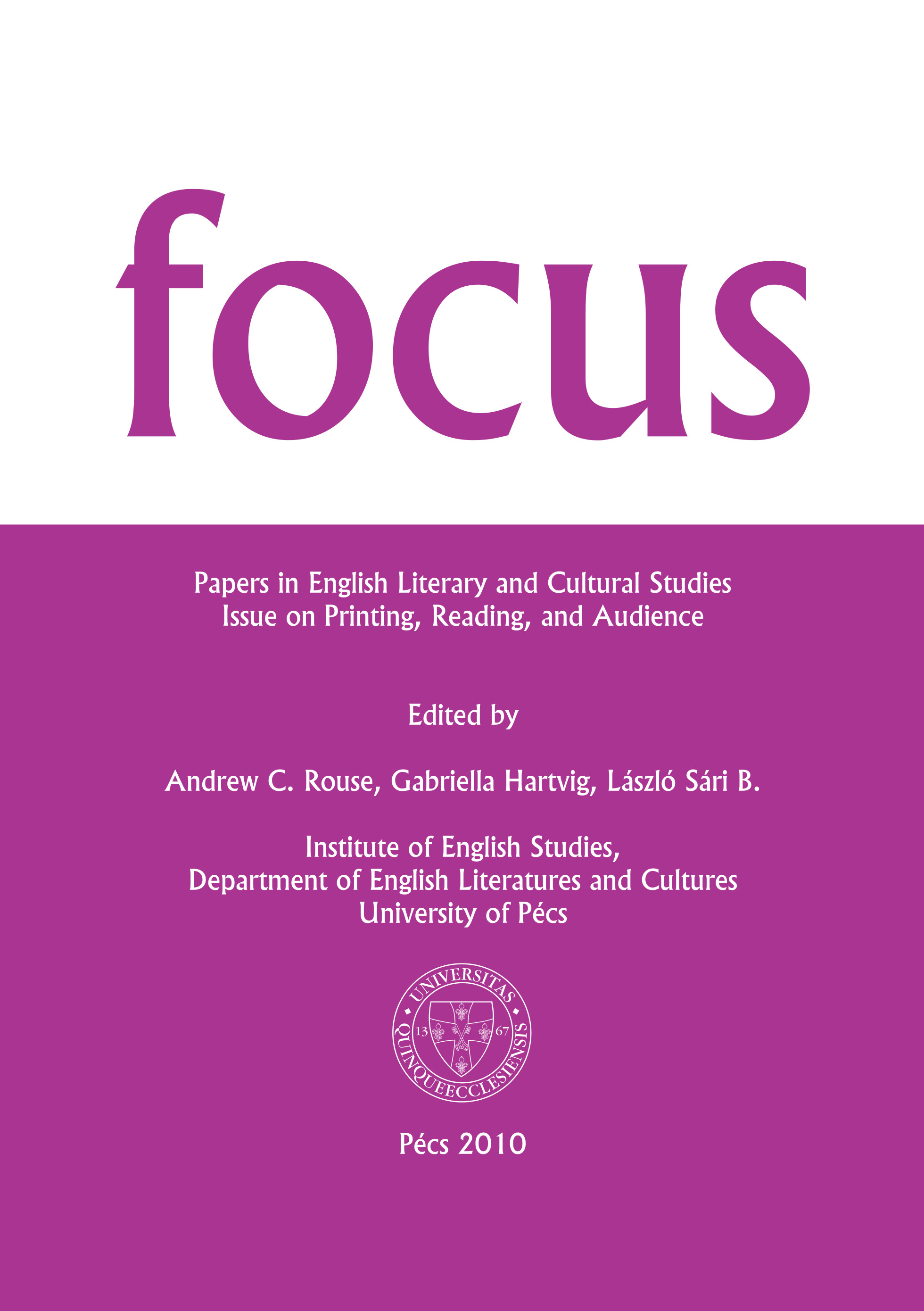Myth Creation and Audience Building from Davy Crockett to Chuck Norris: the Thin Line between Fact and Fiction
Abstract
In 1835, Halley’s Comet re-approached the Earth after its seventy-year orbit. The whole world was anxious to find out what was going to happen, and if they were in any danger. According to a story from an 1837 almanac, Andrew Jackson, the President of the United States, found the best person to solve the comet question: Davy Crockett. Crockett was hired to “wring the tail off the comet before it could scorch the planet” (Hutton xxv). Apparently, he managed to do the job quite well. This is how he recounts the event:
I did so, but got my hands most shockingly burnt, and the hair singed off my head, so that I was as bald as a trencher. I dived right into the Waybosh river, and thus saved my best stone blue coat and grass green small clothes. With the help of Bear’s grease, I have brought out a new crop, but the hair grows in bights and tuffs, like hussuck grass in a meadow, and it keeps in such a snarl, that all the teeth will instantly snap out of an ivory comb when brought within ten feet of it. (qtd. in Hutton xxvi)
Downloads
Published
How to Cite
Issue
Section
License

This work is licensed under a Creative Commons Attribution-NonCommercial-NoDerivatives 4.0 International License.
FOCUS: Papers in English Literary and Cultural Studies follows the principles laid down by Creative Commons, which provides guarantees for the Author’s copyright while also ensuring that intellectual properties are made available for the wider public in a digital form. All papers submitted to the journal apply the following licence conditions (indicated on the journal’s website as well as in individual publications):
“© This work is licensed under a Creative Commons Attribution-NonCommercial-NoDerivatives 4.0 International License.”
You are free to:
- Share, copy and redistribute the material included in the journal in any medium or format under the following terms:
- Attribution — You must give appropriate credit to the Author, and indicate the original place of publication [FOCUS: Papers in English Literary and Cultural Studies, Issue nr., page numbers.].
- NonCommercial — You may not use the material for commercial purposes.
- NoDerivatives — You are not allowed to remix, transform, or build upon the material.
- The above conditions must always be indicated if the journal material is distributed in any form.
- The above conditions must always be met, unless a written permission signed by the Author and the Editor-in-Chief states otherwise.

